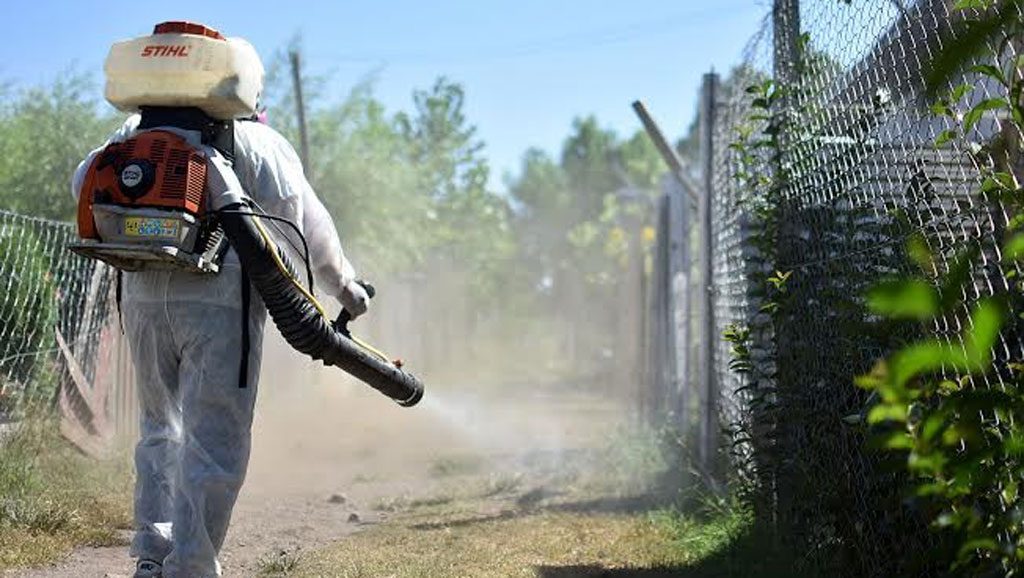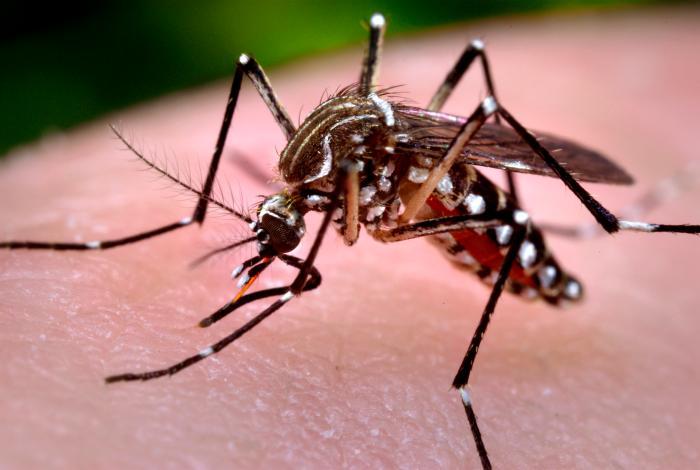During dengue season, specialists have warned that in the coming weeks the peak of mosquito circulation, which transmits the disease, will be recorded.
Although this summer seems to have less presence in urban areas compared to last year’s outbreak, experts insist on not neglecting prevention.
Dengue: Official Data in Argentina
According to official data, the dengue virus, transmitted by the mosquito **Aedes aegypti**, caused the largest outbreak recorded in the country during the **2023/2024 season**.
 Prevention is key against dengue.
Prevention is key against dengue.
There were over **580,000 confirmed cases and 419** **deaths**. Generally, the months with the highest vector activity are **February and March**, so the risk of contagion is expected to increase during this period.
What’s Happening This Year
It is believed that **climatic conditions** may have influenced the lower perception of mosquitoes in some areas.
Unlike the summer of 2024, this year is less humid, which could explain a decrease in the presence of the vector.
It is important to clarify that **not all mosquitoes** are disease transmitters. In the province of Buenos Aires, there are around 75 species, and nationally, over 250. Of all these species, only Aedes aegypti transmits the **dengue virus**.
Dengue and the Role of Climate Change
Biologists **María Victoria Cardo** and **Alejandra Rubio**, from **CONICET** and the School of Habitat and Sustainability of UNSAM (**EHyS**), detailed the role of **climate change** towards the end of the season on the university news site.
“It caused modifications in temperature and precipitation regimes, and made the southern limit of the distribution of Aedes aegypti move further south in the province of Buenos Aires,” they explained.
“But global change is not only climatic, it includes alterations in demography and urbanization, and this is a mosquito highly adapted to living in the domestic environment,” they emphasized.
 Dengue alert.
Dengue alert.
How to Prevent Outbreaks
“The goal is to reduce mosquito abundance, to **reduce the risk** of transmission and the burden on the healthcare system,” they explained.
“Thinking about completely eliminating the vector is not achievable, and also, mosquitoes have **important functions in ecosystems**. As pollinators and as a source of food and essential nutrients for other organisms,” the specialists informed.
In homes, it is necessary to:
- Throw away, turn over, or **sanitize** frequently the **containers that accumulate water**, even if they are small, both inside and outside the houses.
- Cover or **use mosquito netting** for large containers such as drums or elevated tanks and clean gutters.
- It is important to **scrub the waterers and change the water daily**.
- **Swimming pools should be chlorinated** and covered when not in use.
In areas with active dengue transmission, it is recommended to eliminate adult mosquitoes using insecticides to stop and **cut transmission**.
Do you already know our YouTube channel? Subscribe!

